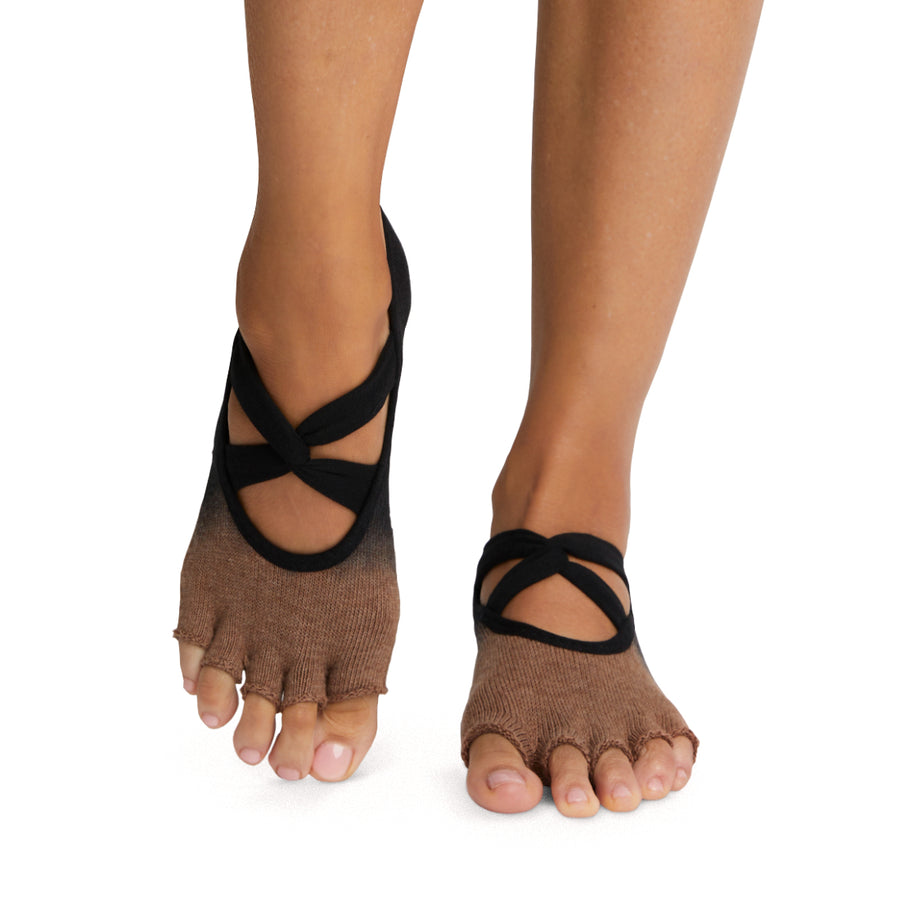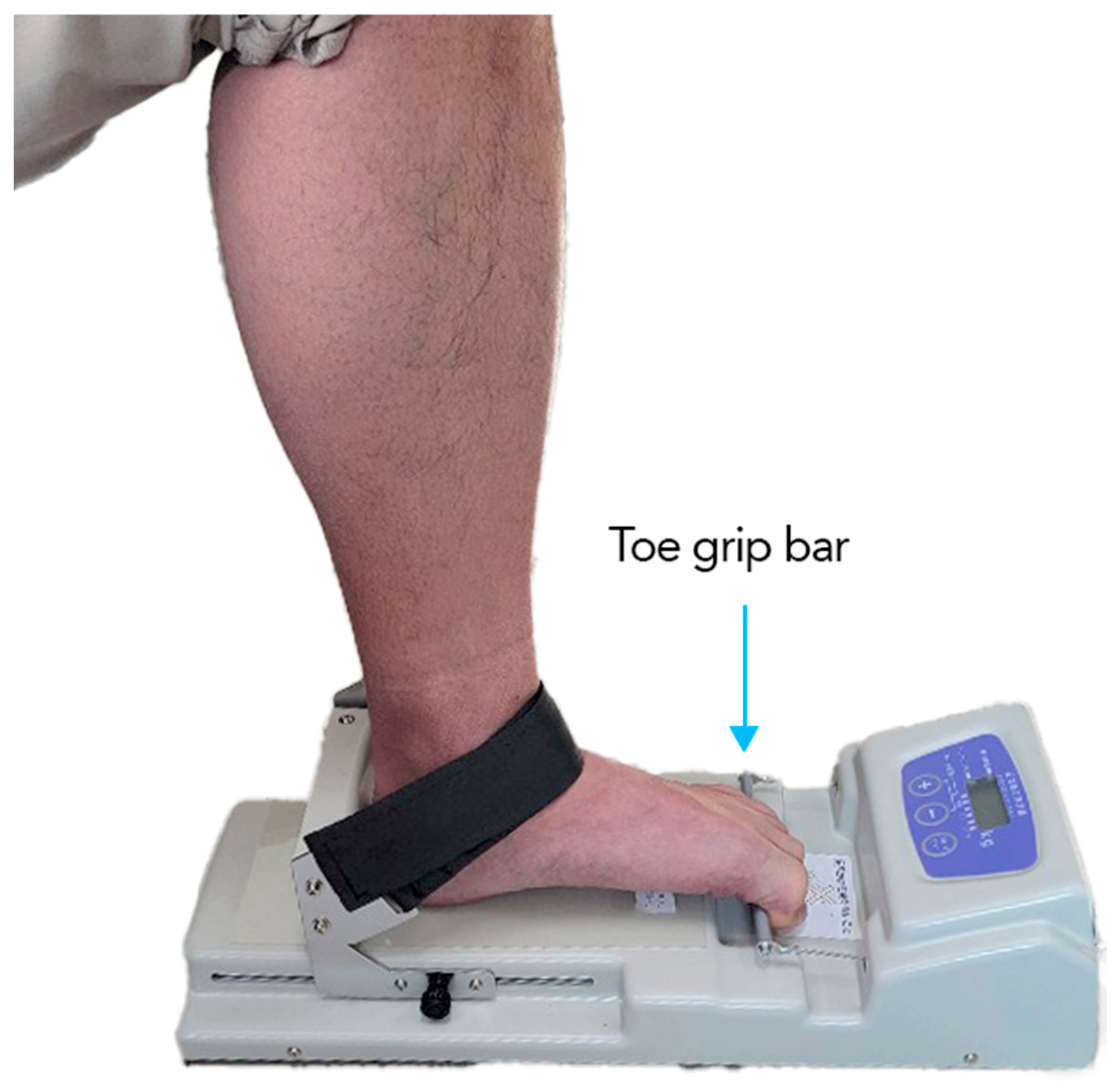
Toe grip strength has recently been suggested to play an essential role in maintaining balance and postural stability for ambulatory function in older populations. This study aimed to investigate its association with improving gait function three months after onset in patients with subacute stroke. This longitudinal cohort study included 98 first-ever stroke patients (67 ± 9 years, 56% female) within one month from the onset who could not ambulate independently. Functional outcome indicators, including toe grip strength, hand grip strength, knee extensor strength, Fugl-Meyer Assessment of Lower Extremity (FMA_LE), and the Postural Assessment Scale for Stroke (PASS), were assessed before and three months after the intervention. We analyzed the correlation between participants’ gait function using a 10-meter walk test time and various functional indicators. Then, multiple linear regression analysis was used to investigate whether toe grip strength was related to the improvement of gait function. Correlation analysis revealed a significant positive correlation between the 10MWT time and toe grip strength ratio (affected/unaffected side), with a moderate effect size (r = −0.61, p <0.001). Multiple regression analysis with covariates showed a significant relationship between 10MWT time and toe grip strength ratio (β = −0.113, p < 0.001), FMA_LE (β = −1.315, p = 0.004), PASS (β = −3.275, p <0.001), and age (β = −0.159, p = 0.004). In conclusion, toe grip strength was an essential factor associated with ambulatory function improvement in subacute stroke patients three months after onset. Additional toe grip muscle strengthening rehabilitation treatment can be expected to help improve the ambulatory function of subacute stroke patients in the future.
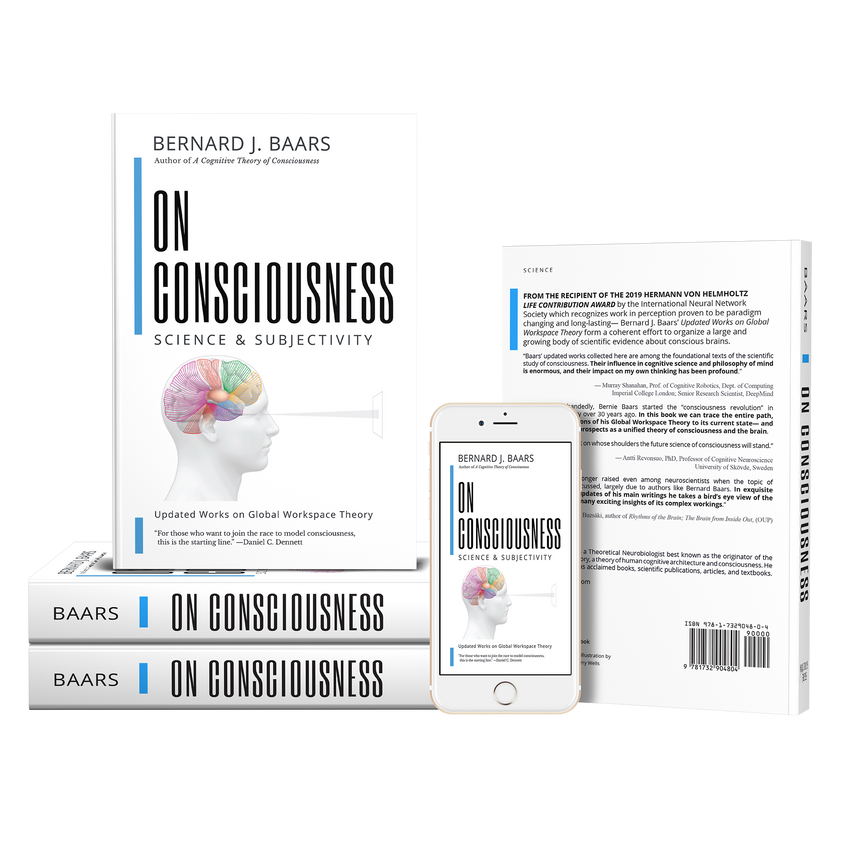
Brain Sciences, Free Full-Text, neuro linker in real life

PDF) Frames, Biases, and Rational Decision-Making in the Human Brain

The Plasticity - MRC Cognition and Brain Sciences Unit
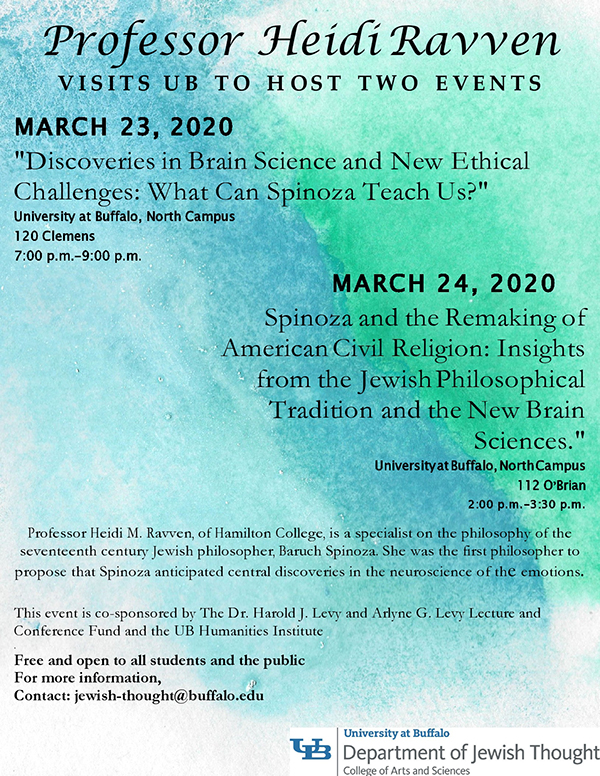
Humanities Institute :: University at Buffalo :: CANCELLED: Dept of Jewish Thought: Lecture: Heidi Ravven, “Discoveries in Brain Science and New Ethical Challenges: What Can Spinoza Teach Us?”
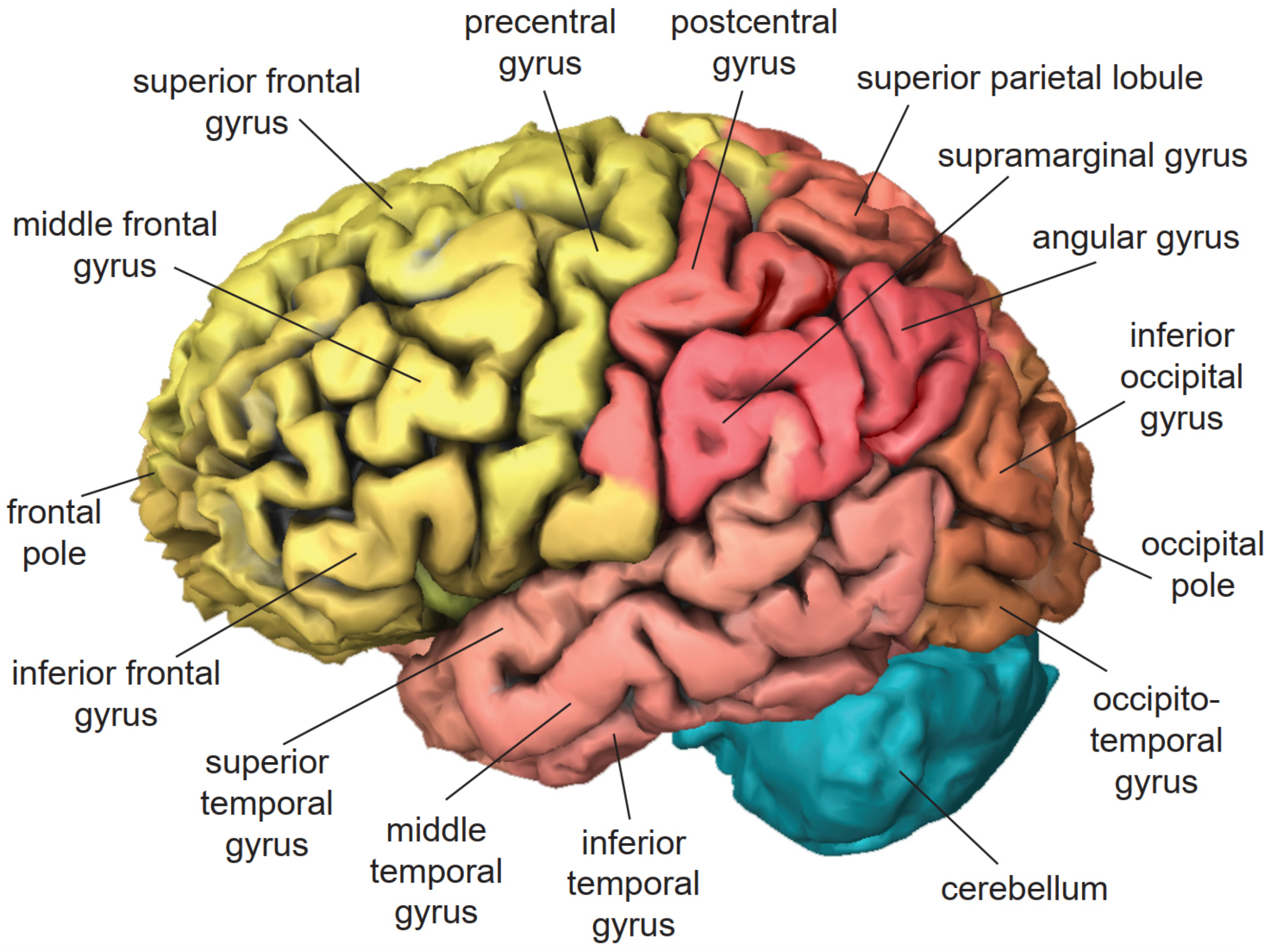
Brain Sciences, Free Full-Text
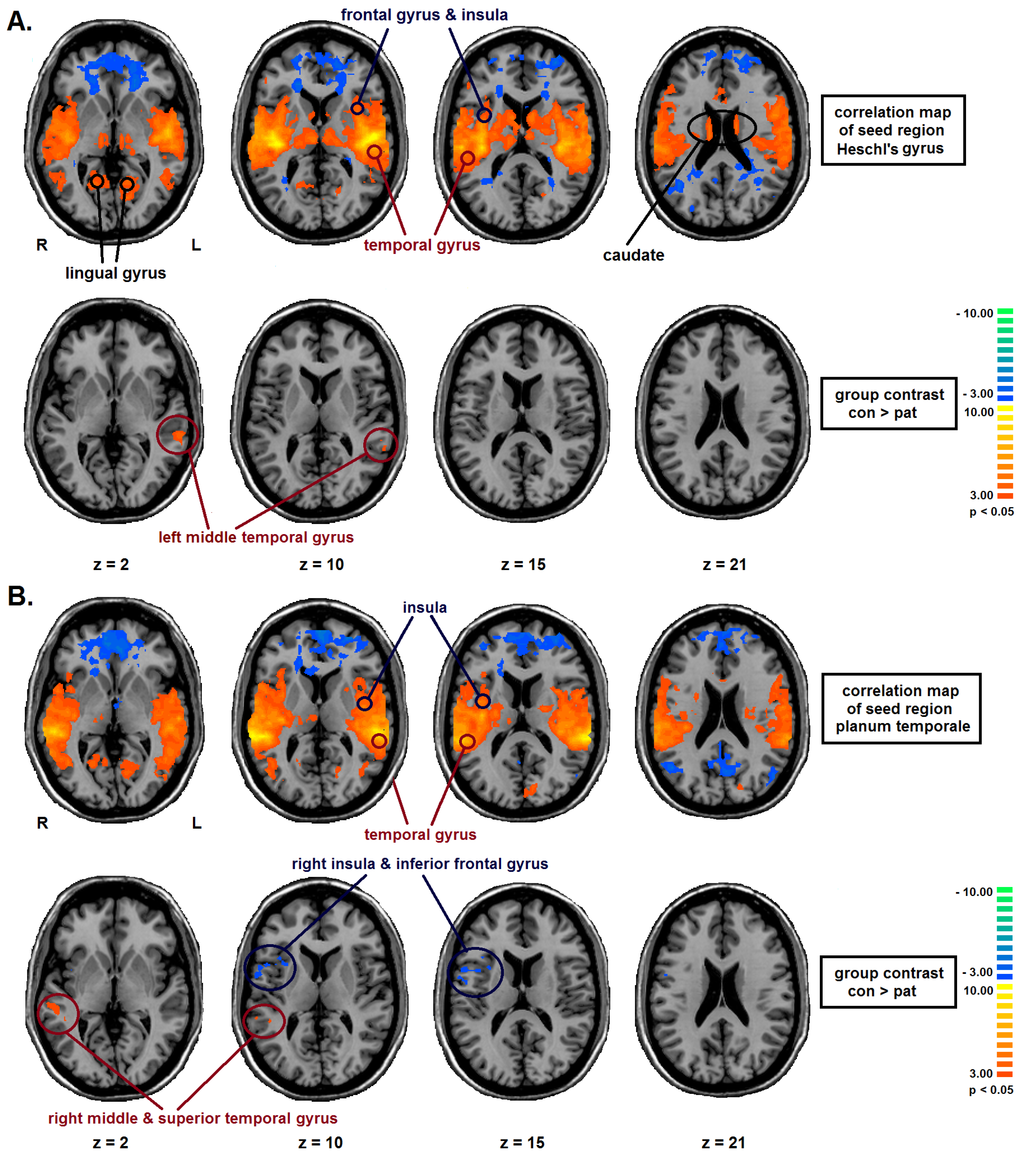
Brain Sciences, Free Full-Text

Brain Sciences, Free Full-Text
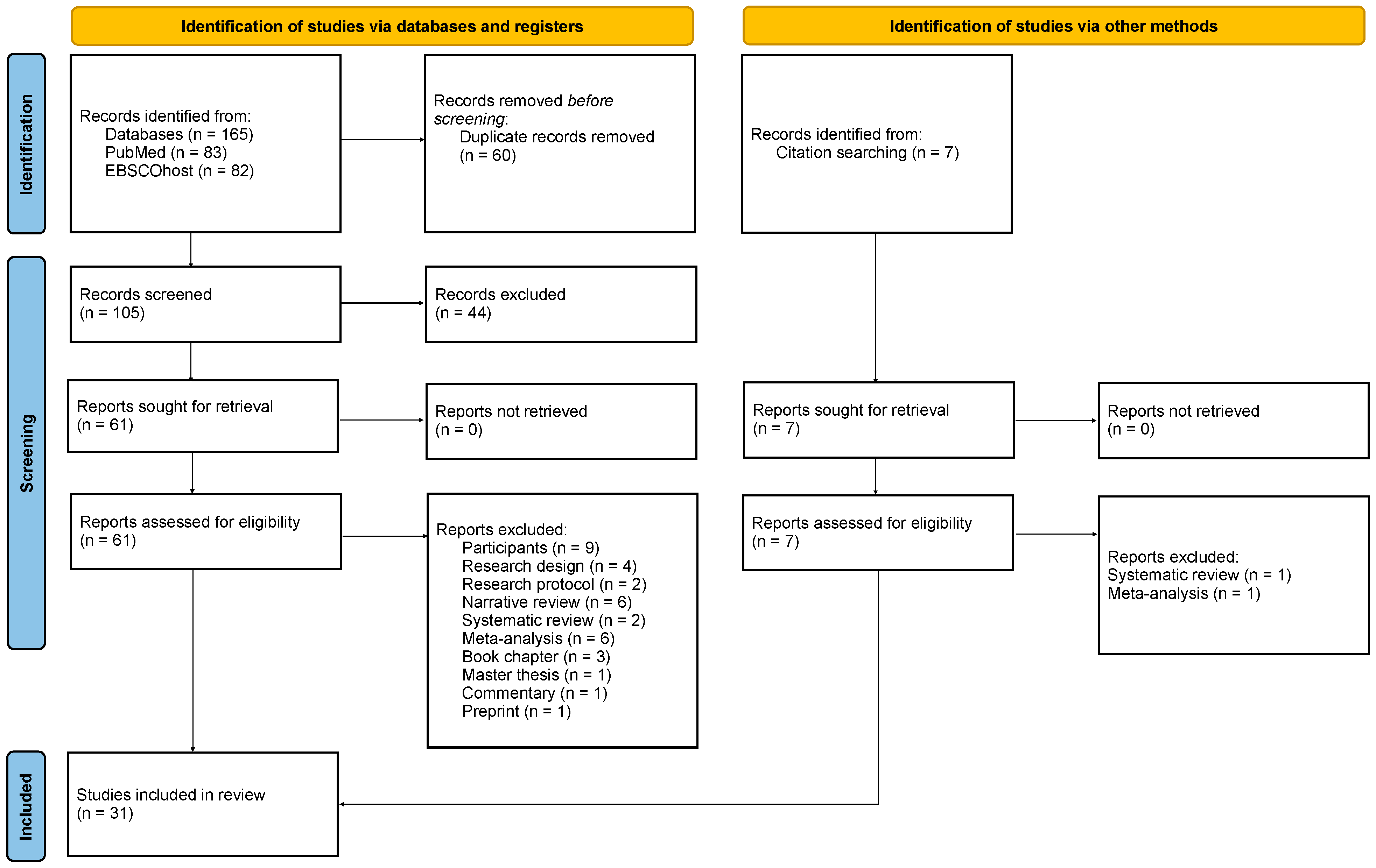
Brain Sciences, Free Full-Text
Developmental Brain Research 2000: Vol 122 Index : Free Download, Borrow, and Streaming : Internet Archive

PDF) Online Journal of Neurology and Brain Disorders Neurological, Neuropsychiatric and Psychiatric Symptoms During COVID-19 Infection and After Recovery: A Systematic Review of Observational Studies
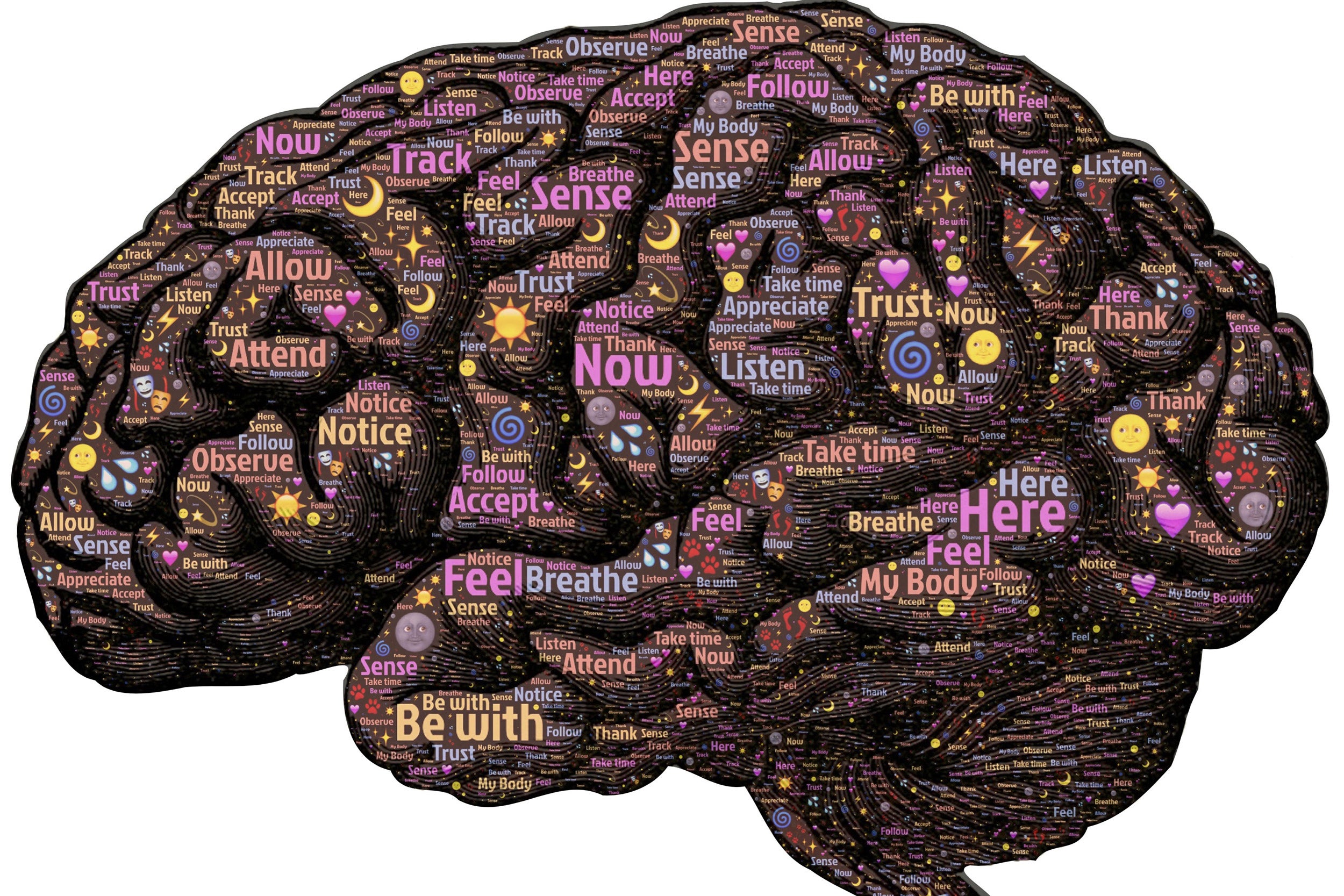
Mindfulness meditation and relaxation response affect brain differently — Harvard Gazette, Mindfulness

Human brain science themed design graphic Vector Image

Parents' social isolation linked to their children's health - The Source - Washington University in St. Louis, isolation

How to Unchain Your Brain: In a hyperconnected multitasking world (Science About the Brain and Stress Explained in Simple Terms): Compernolle, Prof Theo: 9789082205855: : Books
